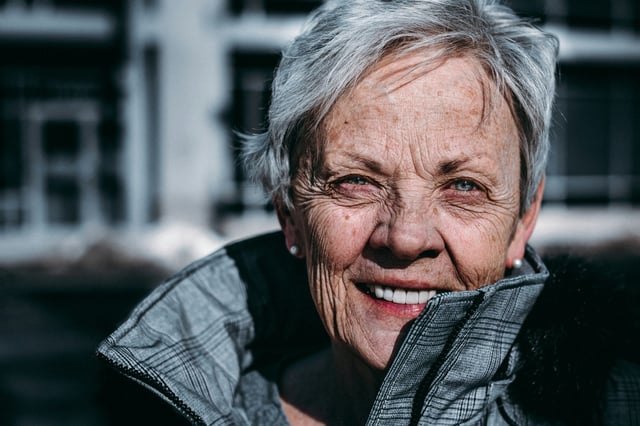Overview
- Researchers analyzed nationally representative NHANES data on adults aged 50–79, comparing 1988–1994 with 2015–2018 to assess physiological dysregulation.
- Biological aging slowed across the population, yet improvements were concentrated among people with higher levels of schooling.
- The difference between adults with 0–11 years of education and those with 16 or more years increased from about one year to nearly two years of biological age.
- Adjusting for smoking, obesity and medication use did not account for the widening educational inequality in biological aging.
- The peer-reviewed study, led by Eileen Crimmins with first author Mateo Farina and published in Demography, warns that lower-educated older adults may face more years in poor health.
